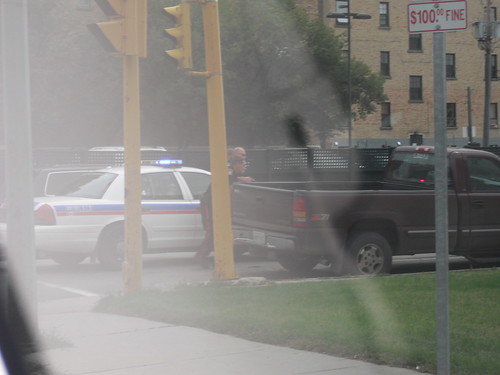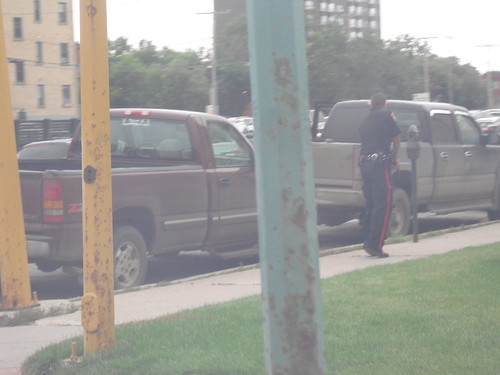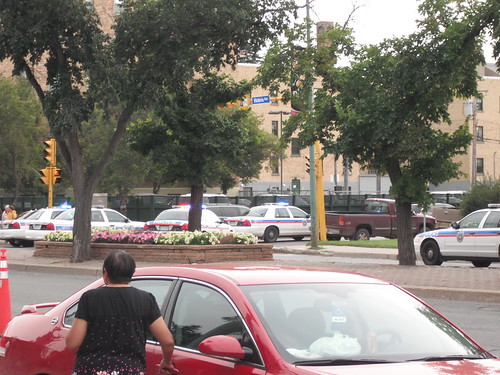Throughout post-modern thought, the field of human geography has evolved from a definitive spatial science, based on locations and hard facts, to an observance of the perpetually changing characteristics of place as defined by the subjective elements of power and identity. This notion is paramount to understanding urban identity formations, and an interesting case study on how this differing intellectual trend provides such insights lies in the subjective interpretations of North-Central Regina, an inner-city community home to the cities highest Aboriginal population. In 2007 Maclean's magazine wrote an article about North-Central, which it deemed the worst neighbourhood in Canada based on crime and poverty. In response, a video, compiled by Aboriginal youth living in the community, was put on youtube in order to offer an entirely different perspective; it posited against Maclean's unfair and drastically negative depiction. Considering the starkly different conceptions of place between the "authoritative" media institution Maclean's, and the actual inhabitants of North-Central, I was led to consider how power and vested interest play a role in defining place, and this of course has identity implications for the inhabitants. It goes without saying that North-Central, and Regina as a whole, indeed has its share of problems. The Maclean's ranking of Regina as the third most dangerous Canadian city does have its validity. I can attest to having witnessed it in my short stay there:
Although crime and poverty are objective realities, the way Maclean's presents the facts is opinion based; the intention is to back the assertion that North-Central is indeed the worst neighbourhood in Canada. With no considerations toward a holistic perspective of place, Maclean's profits off of a negative depiction which ultimately serves as statistically informative and engaging information for its readership. I wouldn't go as far as to say it's economic based racism, but there is an unequal power structure between a more dominant institution and Aboriginals, manifested through the representation of place. This can lead to a sort of "us" versus "them" distinction which becomes embedded in the boundaries of urban space, ultimately disadvantaging the inhabitants as their place-based identities are externally defined.




